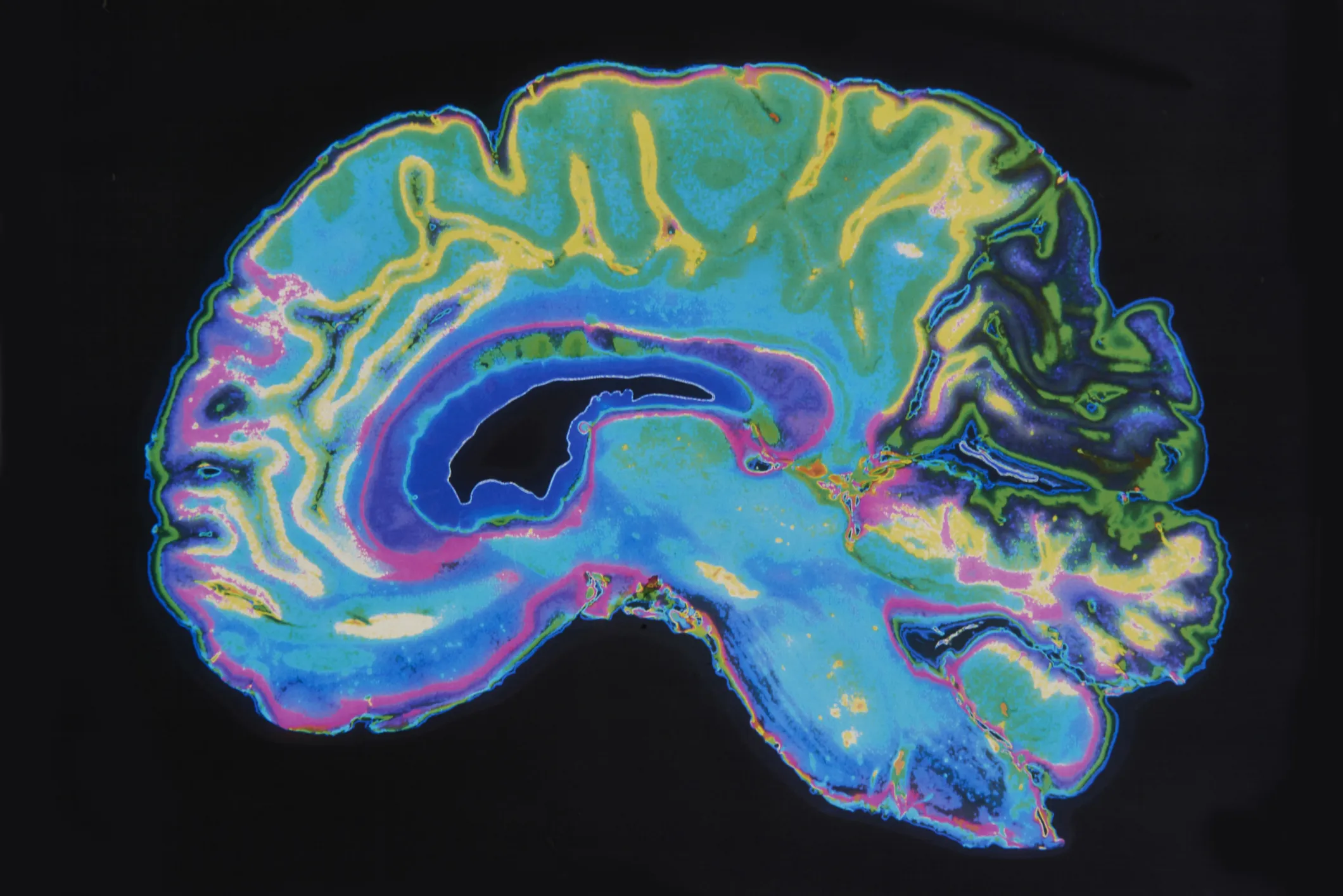Bilingualism and Alzheimer's: Boosting Brain Health and Resilience

Bilingualism and its Impact on Alzheimer’s Disease
Recent studies indicate that being bilingual may significantly delay the onset of Alzheimer's disease by up to five years. This revelation adds to the body of evidence suggesting that engaging in languages fosters brain health and fortifies brain resilience as we age.
The Growing Concern of Dementia
Alzheimer's affects approximately 5.8 million Americans, as reported by the Centers for Disease Control and Prevention. This progressive disease is the predominant cause of dementia, leading to memory loss and cognitive decline, particularly in the brain regions associated with thought, memory, and language.
Mental Stimulation for Brain Protection
Engaging in mental stimulation, like speaking multiple languages or acquiring new skills, is believed to protect brain function against deterioration as we age. The research conducted by scientists at Concordia University in Montreal, Canada, utilized advanced brain-imaging techniques to explore whether bilingualism results in physical alterations to the brain’s structure that enhance its resilience.
This article was prepared using information from open sources in accordance with the principles of Ethical Policy. The editorial team is not responsible for absolute accuracy, as it relies on data from the sources referenced.